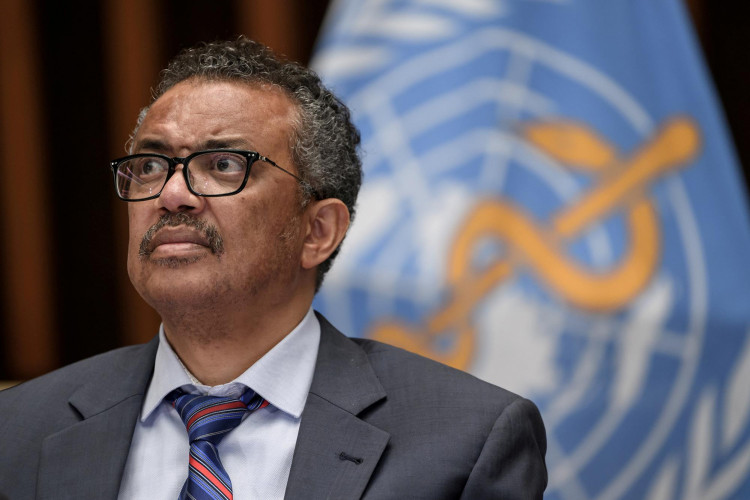A World Health Organization advance team has left for China to conduct a probe into the origins of the highly-contagious disease.
The virus that causes COVID-19, which is thought to have originated in animals before moving to humans, first appeared late last year in a since-closed down market in the central Chinese town of Wuhan.
Two Geneva-headquartered WHO experts, animal health and epidemiology specialists, will meet their Chinese counterparts in Beijing on Saturday to develop the scope and conditions of the investigation, WHO spokesperson Tarik Jasarevic disclosed.
The two WHO experts will team up with Chinese scientists to determine the magnitude and process of the probe, WHO spokesperson Margaret Harris said, declining to divulge their names.
In a media conference, Harris said they know the virus is "very similar to the virus in the bat, but did it go through an intermediate species? It's a question we all need answered," Stephanie Nebehay of Reuters quoted Harris as saying.
As of July 10, China confirmed two new cases of coronavirus in the mainland, compared with four cases from the previous day, health officials disclosed on Saturday.
The new cases were imported from the new infections, a National Health Commission statement announced. No new fatalities were reported. Four new asymptomatic patients were reported in the mainland, up from three a day earlier.
As of Friday, there were 83,587 confirmed cases of coronavirus in the country, health officials added. The death toll was pegged at 4,634. Beijing has divulged no new infections for July 10, the fifth consecutive day of zero new cases as the city tries to impose new measures to contain the virus.
WHO director-general Tedros Adhanom Ghebreyesus disclosed in a media briefing that the two WHO experts are currently on their way to China "to meet with fellow scientists and learn about the progress made in understanding the animal reservoir for COVID-19 and how the virus jumped between animals and humans," the Reuters report added.
The WHO probe comes at a politically sensitive time, as the Trump administration starts the process of pulling the United States out of the global health body, a decision that could undermine the U.N. agency's pandemic response and reshape public health diplomacy.
Both Trump and his top envoy have insisted the disease may have emerged from a laboratory in Wuhan, though they have so far presented no solid proof for their claims and China has strongly dismissed it.





